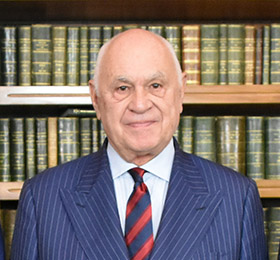The Minister of Justice
last udpdate: 21st February 2023
The Minister of Justice is Carlo Nordio
The Minister of Justice is the only Minister with a constitutional status: Article 110 of the Constitution provides that it has responsibility for “the organization and functioning of those services involved with justice”.
This attribute derives from the Constitution which provides that the judiciary is a branch that is autonomous and independent of all other powers, declaring that it “is subject only to the law”.
The constitutional body that ensures the independence of the judiciary is the High Council of the Judiciary [Consiglio Superiore della Magistratura], presided over by the President of the Republic. The High Council of the Judiciary has jurisdiction for employment, assignments and transfers, promotions of judges.
The law governing the Council’s functioning grants the Minister of Justice the faculty to submit requests and observations on matters of direct competence of the Council and to take part in the Council’s sittings - either upon request of the Council’s President or whenever the Minister deems it appropriate - in order to make statements or clarifications. The Minister is also granted the faculty to require information from the heads of the Courts on the management of justice.
The Minister of Justice gives its opinion on the appointment of the heads of the courts.
The Minister of Justice is also entitled to take disciplinary actions. The High Council of the Judiciary gives its opinion on the actions taken by the Minister.
Indeed, the two fundamental functions of the Minister of Justice are indicated in the Italian Constitution: the organization of the services related to the judiciary and the right to take disciplinary action against a judge. The other functions are defined by ordinary laws.
Personal Secretary [Segretaria particolare] - Valentina Noce


